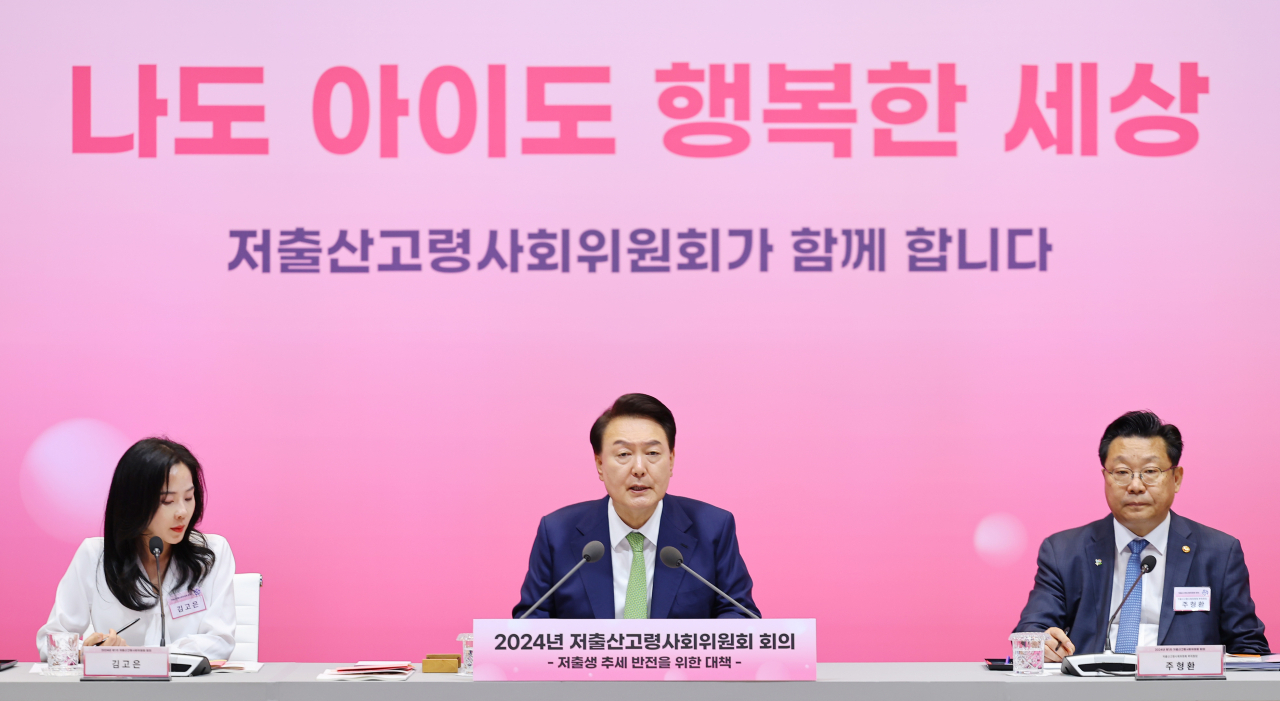
South Korea plans to establish a new ministry of population strategy to tackle the country's low birth rates and rapidly aging population, which are seen as major challenges. The government intends to propose a revised government organization act in July to create the new ministry, which will oversee demographic issues such as low birth rates, population aging, workforce, and immigration. The ministry will assume responsibility for developing population policies, long-term strategies, and budget coordination related to addressing low birth rates, taking over tasks currently managed by the health and finance ministries. Additionally, the head of the new ministry will also serve as the deputy prime minister for social affairs, and the ministry will focus on public campaigns and research to address demographic challenges. In response to South Korea's low birth rates and aging population, the government is set to establish a new ministry of population strategy, signaling a proactive approach to these pressing issues. This development follows discussions with the ruling party and will involve proposing a revised government organization act to launch the ministry. Once in operation, the new ministry will play a central role in addressing demographic challenges, handling budget coordination, and leading public campaigns and research efforts. Additionally, the head of the ministry will hold the position of deputy prime minister for social affairs, further underlining the significance of this initiative in addressing population-related concerns.
